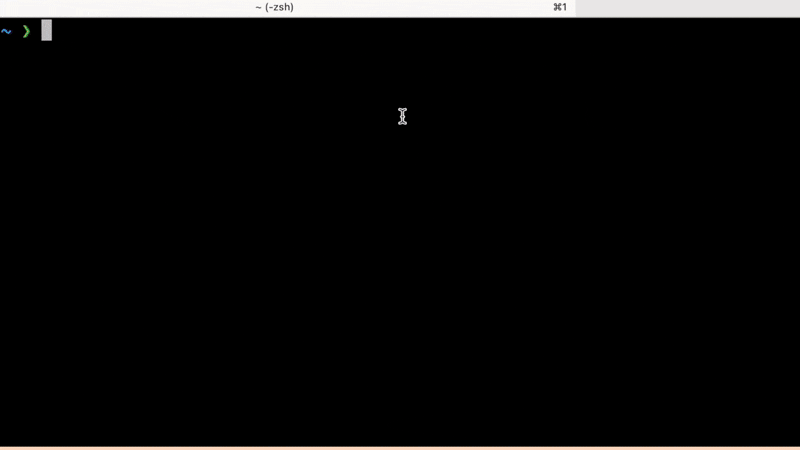What is API Testing?
API testing is a type of software testing that focuses on verifying the functionality, performance, reliability, and security of an application's APIs. An API is a set of protocols and tools that allow different software applications to communicate and interact with each other. It defines the methods and data structures that developers can use to interact with a particular software component, service, or system.
Well, there are many different types of Testing.

Primarily there are 2 main types of API Testing.
Functional Testing
Functional Testing is a type of software testing that focuses on checking if a software application functions correctly and meets the expected requirements. It involves features and functionalities of the software to ensure that it works as intended
Non-Functional Testing
Non-functional testing is a type of software testing that focuses on evaluating the attributes of a software system that are not directly related to its specific functionalities. It involves testing aspects such as performance, usability, security, reliability, and compatibility to ensure the overall quality of the software.
Also, there are two types of approaches to follow while testing the APIs.
TDD (Test-Driven Development):
TDD stands for Test-Driven Development. It is a software development methodology that emphasizes writing tests before writing the actual code.
TDD follows a developer-centric approach.
It involves writing tests before writing the actual code.
TDD uses unit tests to validate small units of code functionality.
TDD is focused on writing tests that drive the design and implementation of code.
BDD (Behavior-Driven Development):
BDD stands for Behavior-Driven Development. It is a software development methodology that emphasizes collaboration between developers, testers, and non-technical stakeholders.
It emphasizes communication and shared understanding between team members.
BDD scenarios are written in a "Given-When-Then" format, emphasizing the expected behavior from the end user's perspective.

What Does Keploy Do 🤔?


Keploy is a functional Testing toolkit for developers. It generates E2E tests for APIs (KTests) along with mocks or stubs(Kmocks) by recording real-world API calls KTests can be imported as mocks for consumers and vice-versa.
We can also merge KTests with unit-testing libraries(Go-Test, JUnit, etc.) to track combined test-coverage.
KMocks can also be referenced in existing tests or used anywhere, KMocks can also be used as tests for the servers.
What are the features of Keploy?
Keploy is a no-code testing platform that generates tests from API calls. It converts API calls into test cases and Mock test cases are automatically generated with the actual request/responses.

Convert API calls from anywhere to Test-Case
Automatically mocks network/external dependencies for all CRUD operations with correct responses.
It identifies noisy fields in the responses accurately like (timestamps, and random values) to ensure high-quality tests.
It has native integrations with popular testing libraries like go-test. The code coverage will be reported for both the existing test cases and the ones recorded using Keploy. It can also be easily integrated into existing continuous integration (CI) pipelines.
Keploy has an Instrumentation/Integration framework to easily add new libraries/drivers within ~100 lines of code.
So this was a Quick introduction to API Testing and Keploy.
See you folks soon, keep on building awesome stuff.

